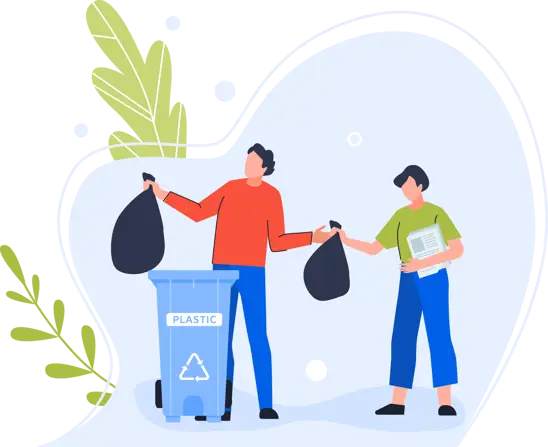
Navigating Simpler Recycling Legislation: A Guide for Businesses
From 31 March 2025, businesses across England must comply with the simpler recycling legislation, which introduces new waste management requirements.
Understanding these changes and taking the right steps now will help businesses stay compliant, improve recycling efforts, and potentially lower waste disposal costs.
At WM101, we provide the support and services businesses need to meet their recycling obligations while keeping waste disposal efficient and cost-effective.
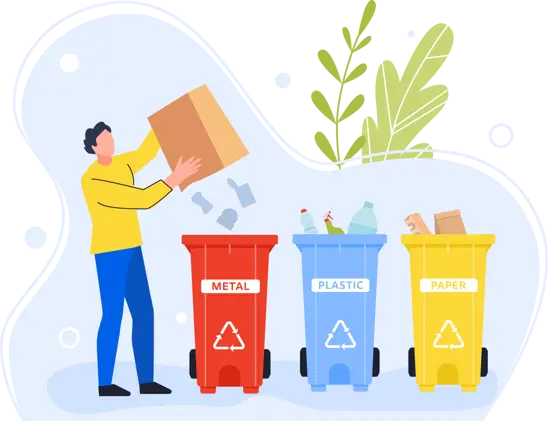
How Can Businesses Comply With the Simpler Recycling Legislation?
Key Takeaways:
1. Update waste services to meet simpler recycling legislation rules.
2. Train employees and work with WM101 for new waste regulations 2025 compliance.
3. Track recycling data and review waste disposal costs.
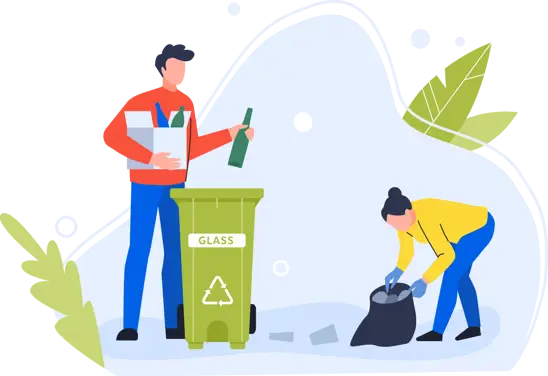
Understanding the New Recycling Legislation
The simpler recycling legislation aims to standardise business waste management across England, supporting sustainability efforts and reducing greenhouse gas emissions. Under the new food waste legislation UK 2025, businesses must separate dry recyclables from general waste, implement food waste collections where applicable, and follow stricter waste management procedures to minimise landfill waste.
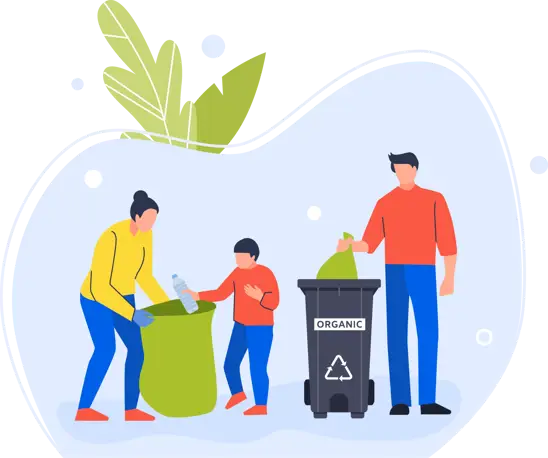
Assess Current Recycling Practices
To comply with simpler recycling legislation, businesses should assess their current waste management by auditing waste sorting practices, identifying areas for improvement, and reviewing collection contracts to ensure alignment with the new regulations.
Updating Recycling Systems and Procedures
After reviewing their current recycling systems and practices, businesses should update their processes to comply with the new waste regulations 2025. This includes revising waste segregation procedures to meet simpler recycling legislation requirements, ensuring recycling bins are properly labelled to prevent contamination, and setting up clear waste collection points to make compliance easier to manage.

Train and Educate Employees
Successful implementation of the new waste regulations 2025 depends on employees understanding their role in compliance and following correct recycling processes. Businesses should provide clear training materials, schedule regular sessions to ensure staff separate waste correctly, and make recycling simple and accessible to encourage workplace engagement.
Engage with Recycling Contractors or Services
At WM101, we advise businesses to contact recycling providers, such as ourselves, to understand how the recycling legislation 2025 will affect collections and what new requirements need to be met.
It's also important to review existing waste collection agreements to ensure they remain compliant.
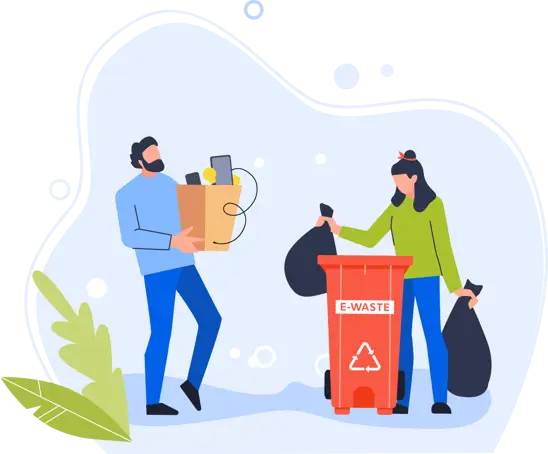
Keep Track of Recycling Data and Documentation
To comply with simpler recycling 2025, businesses must track recycling efforts by monitoring waste volumes, keeping records of collection reports, and using data to identify ways to reduce waste more effectively.
Stay Updated on Future Legislation Changes
Whilst the simpler recycling legislation has only just been introduced, it is likely that this will evolve and change over time to keep up with sustainability improvements.
It is crucial to stay informed and review updates, subscribe to government or industry newsletters for updates and attend relevant workshops or webinars to stay ahead and compliant with regulatory changes.
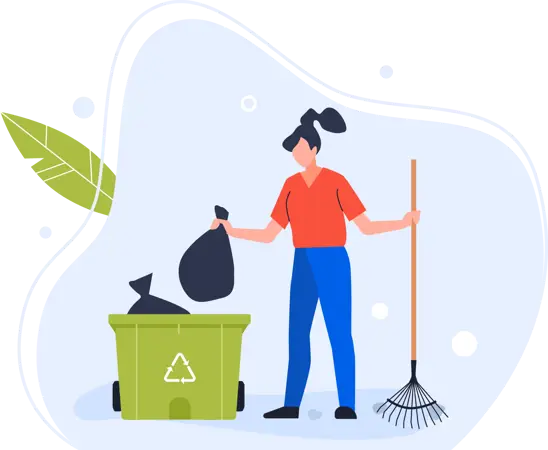
Review Impact on Waste Disposal Costs
The simpler recycling legislation may impact waste disposal costs, so businesses should assess whether compliance leads to savings, explore ways to improve recycling efficiency, and work with trusted providers such as WM101 to implement cost-effective waste management solutions.
Ensure Transparency and Accountability
A strong recycling strategy should be well-documented and visible across the business. This includes creating clear reporting systems to track recycling progress, sharing achievements with customers and stakeholders, and making sustainability a key part of corporate responsibility efforts to ensure compliance with simpler recycling legislation.
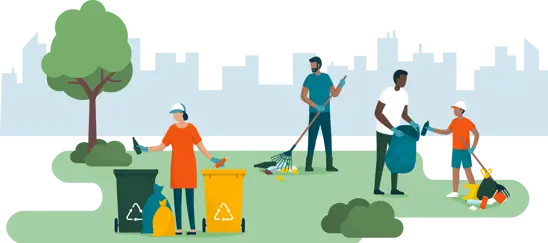
Promote Environmental Responsibility within the Business
Beyond compliance, businesses can integrate sustainability into their broader goals by encouraging employees and customers to take part in recycling efforts, exploring eco-friendly initiatives beyond waste management, and making sustainability a core business value to support responsible waste regulations 2025 compliance.
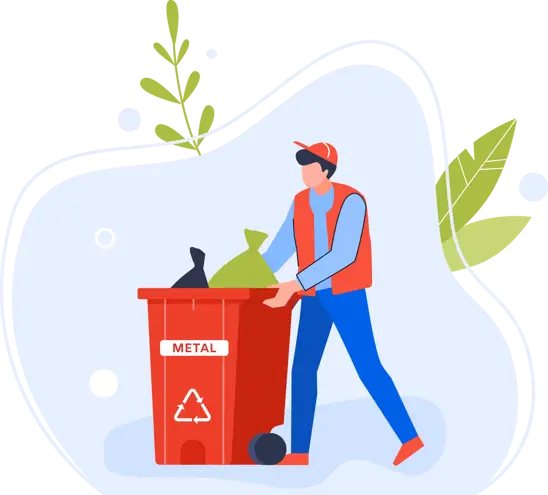
Simpler Recycling Compliance with WM101
At WM101, we stay up to date with new waste regulations 2025 to ensure our customers receive the support they need to implement cost-effective and compliant waste disposal and recycling strategies.
We provide flexible collection schedules, expert guidance on compliance with simpler recycling legislation and reliable waste management to meet regulatory requirements.
To learn more about how WM101 can support your business in meeting the recycling legislation 2025, contact us today at 01629 817000.
26/02/2025